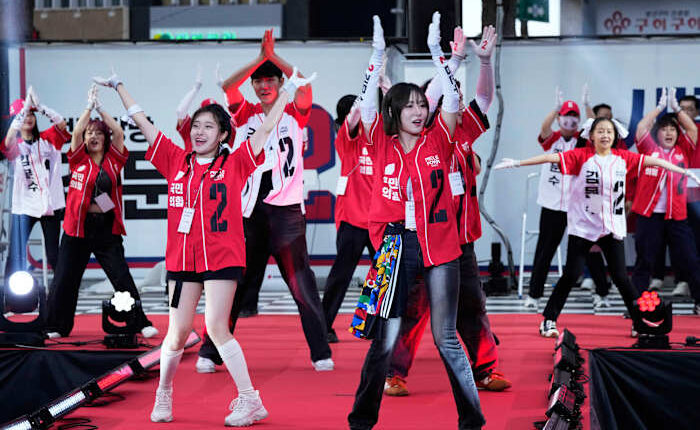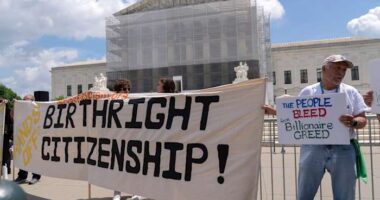
SEOUL – Today, millions of South Koreans are participating in voting to choose a new president following the removal of Yoon Suk Yeol, a conservative leader. Yoon is currently facing serious charges of rebellion due to his brief declaration of martial law in December. This unexpected election was set in motion by Yoon’s ousting.
According to pre-election surveys, Lee Jae-myung, Yoon’s liberal rival, seems poised to secure a comfortable victory. Lee’s apparent success is attributed to widespread public dissatisfaction with the conservative camp after the controversial martial law incident involving Yoon.
Kim Moon Soo, the primary conservative contender, has encountered challenges in attracting support from moderate, undecided voters. The People Power Party, to which Kim belongs, is embroiled in internal disputes regarding their stance on Yoon’s actions, further complicating the conservative candidate’s campaign.
This election serves as another defining moment in the country’s resilient democracy, but observers worry a domestic divide worsened by Yoon is far from over and could pose a big political burden on the new president.
The past six months saw large crowds of people rallying in the streets to either denounce or support Yoon, while a leadership vacuum caused by Yoon’s impeachment and ensuing formal dismissal rattled the country’s high-level diplomatic activities and financial markets.
The winning candidate will immediately be sworn in as president Wednesday for a single, full term of five years without the typical two-month transition period. The new president will face major challenges including a slowing economy, President Donald Trump’s America-first policies and North Korea’s evolving nuclear threats.
The election commission says voting began at 6 a.m. at 14,295 polling stations nationwide that will close at 8 p.m. Observers say the winner could emerge as early as midnight.
Lee, whose Democratic Party led the legislative effort to oust Yoon, has emerged as the clear frontrunner in opinion surveys released in recent weeks.
More than 15 million people already have cast ballots during a two-day early voting period last week, accounting for nearly 35% of the country’s 44.4 million eligible voters.
Copyright 2025 The Associated Press. All rights reserved. This material may not be published, broadcast, rewritten or redistributed without permission.
















